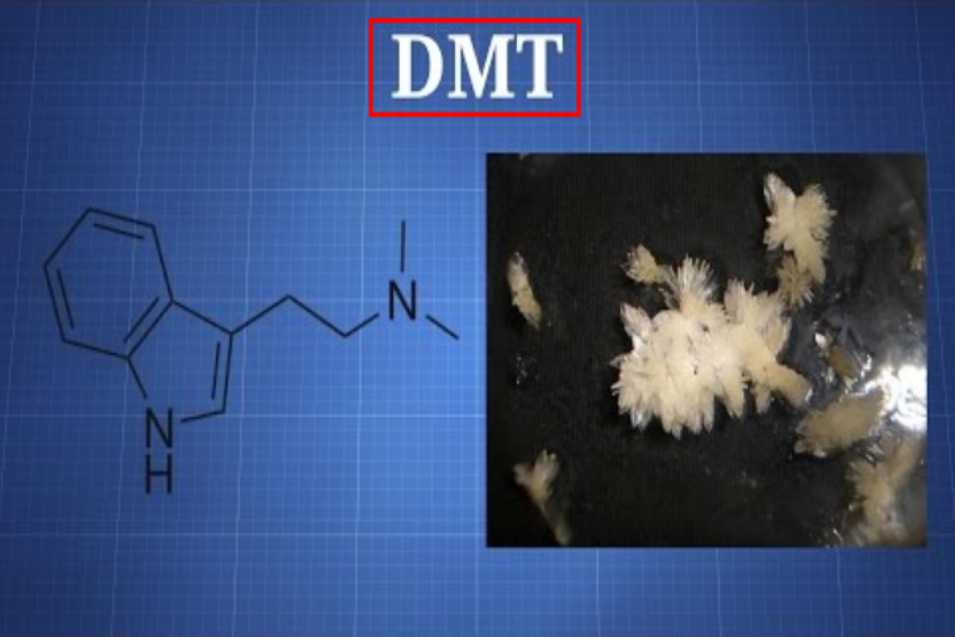Have you ever heard of DMT therapy? It’s a cutting-edge approach to mind-body healing that is gaining increasing attention in the medical community. Dimethyltryptamine (DMT) is a hallucinogenic chemical that occurs naturally in many organisms, including humans.
When used in a therapeutic setting, DMT can have profound effects on mental and emotional health, as well as physical well-being. However, like any powerful substance, there are also risks associated with DMT therapy.
In this article, we’ll explore the potential benefits and risks of DMT therapy and the current state of research in this field. Whether you’re a curious skeptic or a seasoned advocate, you’ll find plenty of food for thought in this discussion of one of modern medicine’s most fascinating and controversial topics.
What is DMT therapy?
DMT therapy is a form of psychedelic therapy that uses dimethyltryptamine (DMT) to induce a profoundly altered state of consciousness. During a DMT therapy session, the patient is given a controlled dose of DMT in a supportive and supervised environment. The experience typically lasts 15-30 minutes and can be accompanied by intense visuals and profound insights. It is being studied for its potential therapeutic benefits, including treating depression, anxiety, addiction, and end-of-life anxiety.

Potential benefits of DMT therapy
DMT (Dimethyltryptamine) therapy has the potential to offer a wide range of benefits for mental, emotional, and physical health. Benefits of DMT therapy include the following, which have been reported most frequently:
Mental benefits
- Increased self-awareness and introspection
- Enhanced creativity and problem-solving abilities
- Relief from symptoms of depression and anxiety
- Improved cognitive function and memory
- A deeper understanding of life’s meaning and purpose
Emotional benefits
- Release of repressed emotions and trauma
- Increased empathy and compassion
- Greater emotional resilience and flexibility
- Improved relationships with others
- Increased feelings of joy, love, and gratitude
Physical benefits
- Relief from chronic pain and inflammation
- Improved immune system function
- Reduced symptoms of addiction and substance abuse
- Increased energy and vitality
- Enhanced physical performance and endurance
Risks and potential side effects of DMT therapy
While DMT therapy has the potential to offer many benefits, it is not without risks and potential side effects. Following are some of the most frequently reported hazards and side effects of DMT:
Physical risks
- Increased heart rate and blood pressure
- Nausea, vomiting, and diarrhea
- Headaches and dizziness
- Seizures and convulsions (in rare cases)
- Respiratory distress (in cases of smoking or vaporizing DMT)
Psychological risks
- Intense and overwhelming hallucinations
- Increased anxiety or paranoia
- Psychotic or manic episodes (in individuals with a history of mental illness)
- Flashbacks or persistent perceptual changes (in rare cases)
- Increased risk of accidents or injuries (during sessions)
It’s important to note that the risks and side effects of DMT therapy can vary widely depending on the individual’s health status, the dose and method of administration, and the setting where the therapy occurs.
Legal and ethical considerations of DMT therapy
It is currently illegal in most countries, including the United States. However, there are some countries where DMT therapy is legal or decriminalized, such as Brazil, Peru, and the Netherlands.
The legality of DMT therapy is a complex issue that raises many ethical and moral questions. Some argue that individuals should have the right to choose their own form of therapy, even if it involves the use of currently illegal substances. Others argue that the potential risks and harms of DMT (Dimethyltryptamine) therapy outweigh the potential benefits and that such substances should be strictly regulated or prohibited.
Weighing the potential role of DMT therapy in modern medicine
DMT (Dimethyltryptamine) therapy is a fascinating and controversial topic that raises many questions about the nature of consciousness, healing, and personal growth. While the potential benefits of DMT therapy are significant, it’s also clear that risks and potential side effects must be carefully considered.
As research in this field evolves, we’ll see greater interest and investment in DMT (Dimethyltryptamine) therapy as a potential tool for mind-body healing. However, it’s also important to proceed with caution and carefully weigh this approach’s pros and cons before deciding whether it’s right for you.
A trained healthcare expert who can offer support, guidance, and oversight throughout the process should be consulted before deciding to seek DMT (Dimethyltryptamine) therapy. With the right approach and mindset, DMT therapy can offer profound benefits for mental, emotional, and physical health, and to open up new vistas of understanding and insight into the nature of human consciousness.
Related Article: DBT Therapy NYC
